Most spring mornings start, as every turkey hunter hopes, with a close gobbler sounding off from a nearby limb. You place a diaphragm call on the roof of your mouth and prepare to make a few soft tree yelps, but emit a strange squeak or no sound at all. The sound isn’t the same as the sweet yelps and purrs that came out of the call last spring.
Most diaphragm calls are comprised of latex reeds of varying configurations and cuts stretched out over a frame. Most problems with diaphragm calls are normally associated with the latex portion of the frame.
For starters, like anything you plan on putting into your mouth, keep a diaphragm turkey call clean and sanitized. If your mouth call came with a container, use it religiously, and keep that container squeaky clean, too. If not, a couple of options are small Ziplock plastic baggies, mouth guard holders or the cases for camera memory cards. Just make sure that you punch holes in these so moisture can evaporate off of the call.
Bacteria grows in a moist environment so when hunting, always allow the call to air-dry before putting it back in a case. Put holes in your case if it has none to allow moisture to escape. After the hunt, rinse the call with clean warm water and allow it to thoroughly dry. Separate all the reeds of a multi-reed call with flat wooden or plastic toothpicks so the reeds don’t stick to each other. If all the reeds stick together, it’s like one thick reed, which takes a lot of air to blow. It’s impossible to make a soft tree yelp or quiet purr with such a call. You won’t know what sound it’ll make until you blow it, and you may blow your chance if you’re uptight to a roosted tom.
To kill harmful bacteria on the mouth call, rinse the call briefly in a zero alcohol mouth wash at the end of the day and at the end of the season. If your mouthwash has alcohol, dilute it by half with water and then rinse the call well in clean water after the alcohol bath. Alcohol is a desiccant, drying out most things it has contact with, so get it off the call soon after it’s done the job of killing bacteria. If it will be a few days or weeks before you hunt again, store your dry, clean calls in the fridge. Bacteria don’t flourish in the cold environments and there’s no sunlight there so it’s a perfect environment for them. Just warn others who use the fridge not to toss them out on you. A freezer is much drier than a fridge because it is opened less and may be too dry to preserve the latex reeds.
The best turkey call to use is a diaphragm. It allows for hands-free operation, making realistic turkey sounds, and is the most cost-effective call on the store shelves. To ensure success this turkey season, practice calling early and often and follow these tips to ensure top performance out of your mouth calls.







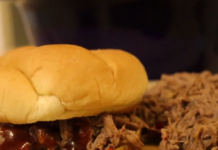

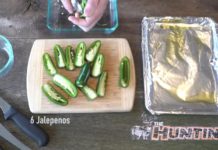

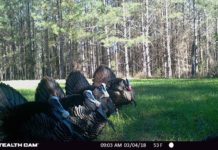
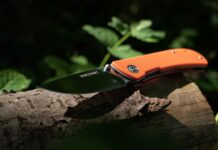
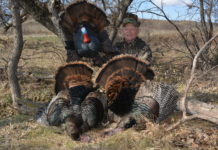


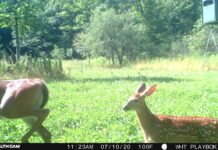

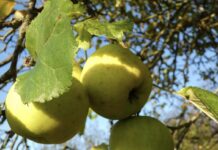
![The Best Deer Camp Chili [VIDEO] Deer Chili Ingredients, Tomatoes, Chili Spices](/wp-content/uploads/2015/10/Deer-Chili-Deer-Camp-Recipe-218x150.jpg)
![How to Call Elk Early in the Season [VIDEO]](/wp-content/uploads/2016/08/byers003-218x150.jpg)

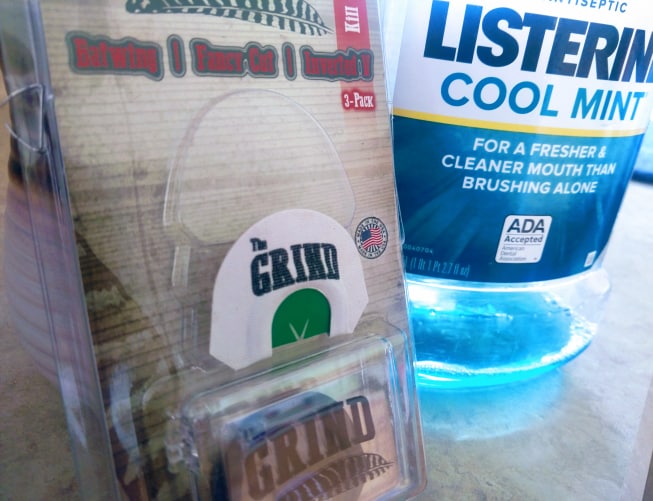


![Idiots Disturb Hunter: How Would You Have Handled It? [VIDEO]](/wp-content/uploads/2015/10/DSC00110-e1474487693878-100x70.jpg)
![Albino Buck Shocked to Shed His Antlers [VIDEO]](/wp-content/uploads/2015/10/AlbinoDeer-100x70.jpg)